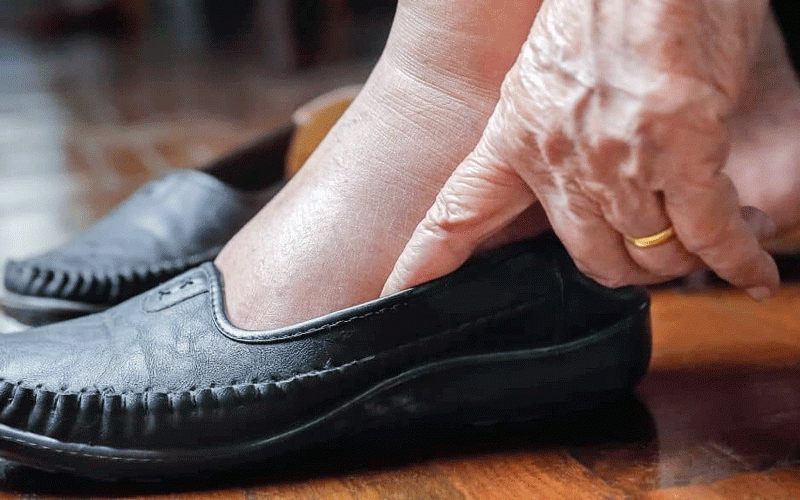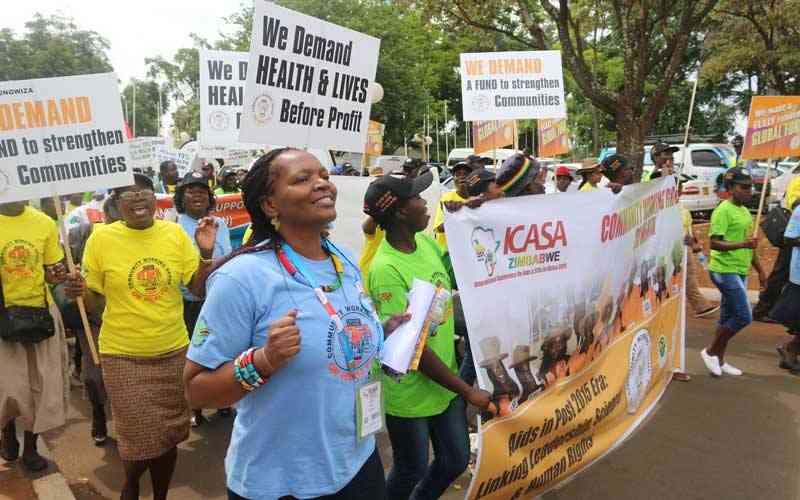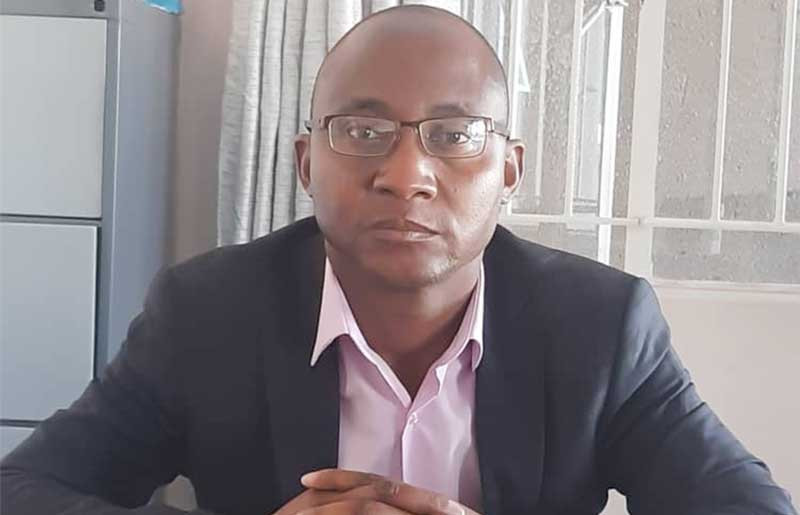
Their reason being lack of resources. This development, which occurred at the recently held 25th Board Meeting in Accra, Ghana, flies in the face of the many strides that have been made in increasing access to treatment in most developing countries Zimbabwe. Hardly two weeks ago, the US Secretary of State, Hillary Clinton announced that AIDS was now US official policy but the situation on the ground right now begs to differ.
And so it has been with the fight against AIDS, that today commitments are made and then there is always the turn around for one reason or the other.
It is surprising that the fight against HIV and AIDS is far from being won and already donor countries are reneging on their earlier commitments. Global Fund had received pledges totaling US$11.7 billion for the period 2012-2013 but the donor countries have reneged on their promise to pay up accordingly.
Among those that have not honored their pledges are Holland, Denmark, Italy, Belgium and the EU. The Fund is said to be experiencing a serious financial situation for the first time in its 10 years of running forcing it to cancel funding.
Although it has promised transitional funding mechanism in countries facing a disruption of programs for HIV, TB and malaria which will be allowed to apply for funding to cover most essentials needs, it is apparent that the journey ahead is tough. Many, without doubt, will succumb to the disease before help reaches them.
All this is on a general and global level but how does it translate to the Zimbabwean situation in as far as the fight against HIV and AIDS is concerned. How prepared or unprepared is the nation in the face of such a calamity?
Having been denied funds for Round 10, Zimbabwe obviously was geared up for round 11 and that makes the situation more complicated because whatever means had been put in place to bridge the gap will have to be doubled to sustain the programmes.The Aids patients has also been worsened by the fact that the new WHO guidelines now specify that one has to begin ART when CD4 count reaches 350 which means the waiting list will balloon.
Prior to this, only those with a CD4 of 200 were eligible for treatment.
- Chamisa under fire over US$120K donation
- Mavhunga puts DeMbare into Chibuku quarterfinals
- Pension funds bet on Cabora Bassa oilfields
- Councils defy govt fire tender directive
Keep Reading
Zimbabwe’s relationship with the Global Fund (GF) has been mired in controversies, top on the list being the embarrassing incident of 2008 whereby the country was asked to refund about US$7,3 million that was allegedly misused.
Last year the GF withheld close to US$170 million to purchase ARVs, this was apparently due to the fact that the country had not yet exhausted funds from the previous round.
At least that’s what the report said but the Zimbabwe team said it was a mistake since the computer crashed and they bungled the proposal. Not only was this ridiculous but showed a serious lack of commitment, respect and care for those who are in desperate need of the life saving drugs. No wonder there have been accusations from HIV-positive people that the so called experts only gather for the sole purpose of getting allowances and nothing else.
People should not point fingers at GF for rejecting the hastily done proposal littered with mistakes. It must have been such an insult for such a big organisation to sit down and endure going through mismatching figures and distorted facts.
The impression that we have given out there is that of a country with no real crisis but just stringing along with everybody so we can fatten our pockets.
That is shameful for a nation that is continuously accusing the West of not lifting a finger to help.Back to the current GF crisis, Zimbabwe is in a dilemma, come 2012 the situation will be worse because the funds from the previous round will have been finished.
The question is, does the government have any contingency plans for this catastrophe? Wouldn’t it be disappointing if the country’s prevalence rate of 13,7 goes up again?
Those on the ground carrying the dirty work will have toiled for nothing and those who were on ARVs will start to panic and many will default on treatment in favour of “miracle cures” which undoubtedly will once again flood the market.
All the gains that had been achieved in educating people about ARVs will be a waste.With the future of the GF uncertain, is it not the time for the government to start putting in place mechanisms that do not rely on outside help for the sake of sustainability?
There are many points that can be reconsidered so that people get the best of the national ARV programmes run by the government. Currently only 100 000 people are accessing treatment out of the 400 000 in need.
But facts on the ground are that not all who are getting treatment deserve it under the scheme which is supposed to be for the less privileged. Gainfully employed people and even those with well established informal businesses are jostling for the few spaces that are meant for the poor.Surely it is no mean feat to just do a background check on the beneficiaries or to just consult with local leadership to come up with a deserving list of people.
Many orphans, widows and other disadvantaged people have been on the list for years and have not yet made it to the top of the list.Many, particularly the little children below five years of age have succumbed to the disease and yet some people who can afford their own ARVs are busy getting them for free.
Is it not time to consider policy frameworks that will protect the deserving people especially the children and ensure that they are at the top of the list?











